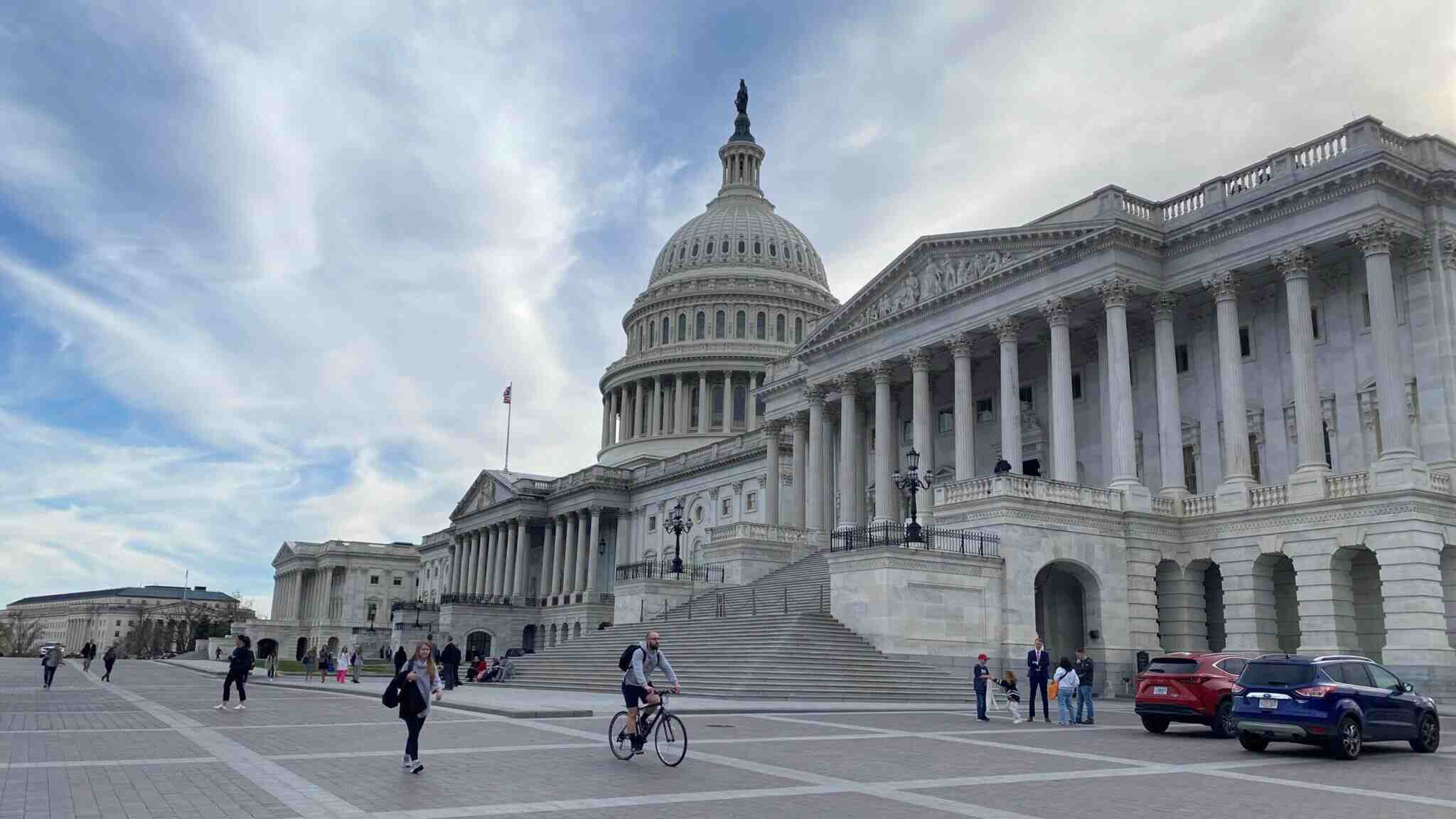- White House finds ways to pay military and WIC benefits despite shutdown.
- GOP leaders accuse Democrats of playing politics with healthcare subsidies.
- Funding standoff could surpass the 35-day shutdown record.
- Democrats refuse to negotiate until healthcare subsidies are extended.
- Congress shows little urgency as the budget crisis drags on.
Washington, D.C. — The White House and congressional Republicans are preparing for what increasingly appears to be one of the longest government shutdowns in U.S. history, as negotiations with Democrats over funding priorities reach a standstill.
In a bid to soften the political blow while keeping essential services afloat, the Trump administration is reallocating federal resources to protect key constituencies. Officials confirmed that the military will continue receiving paychecks, a strategic move aimed at ensuring national security and supporting one of the GOP’s most loyal voter bases.
“If the Democrats want to go to court and challenge troops being paid, bring it. OK,” Speaker Mike Johnson (R-La.) declared during a Capitol press briefing, challenging opponents to contest the administration’s emergency spending decisions.
The Office of Management and Budget is now examining ways to maintain pay for federal law enforcement officers, signaling the White House’s intent to minimize the shutdown’s impact on public safety and national defense.
At the same time, press secretary Karoline Leavitt announced plans to fund the Special Supplemental Nutrition Program for Women, Infants, and Children (WIC) by using hundreds of millions in Section 32 tariff revenue — ensuring that roughly 6 million Americans dependent on the program continue to receive assistance.
These maneuvers, however, all but guarantee that the current budget impasse will stretch well beyond the 16-day government shutdown of 2013 — and possibly surpass the record 35-day shutdown from late 2018 to early 2019, also under President Trump’s administration.
“That’s what I’m thinking,” said Sen. Shelley Moore Capito (R-W.Va.), predicting the standoff could drag on for weeks. “I hope I’m wrong.”
Capito described the prolonged closure as “disappointing,” urging Democrats to “reopen the government and negotiate.” She added, “It’s so easy.”
Democrats, meanwhile, are holding firm. They’ve refused to resume talks unless Republicans agree to extend enhanced healthcare subsidies — part of the Affordable Care Act (ACA) — set to expire at the end of the year.
“Republican leaders can say all they want [that] there’s nothing to negotiate, but if Republicans don’t change course, then very soon, 20 million Americans are going to face financial catastrophe when their health care premiums go through the roof,” warned Senate Minority Leader Chuck Schumer (D-N.Y.).
He continued, “The ACA premium crisis is not a fix-it-later issue, but rather a fix-it-now issue.”
The stakes are high: Democrats insist that the October 31 deadline is crucial, with open enrollment for healthcare beginning on November 1. Their proposed funding package includes not only a continuing resolution but also a permanent extension of ACA subsidies, a reversal of GOP-backed Medicaid cuts, and a reinstatement of clawed-back federal funds.
On the other hand, Republican leadership accuses Democrats of prioritizing politics over governance. “I remember when Democrats used to care about the effects of a government shutdown,” said Sen. John Thune (R-S.D.). “It’s become abundantly clear that their previous statements were not based on principle, but on political advantage.”
House Speaker Johnson issued a similar warning, stating that the nation is “barreling toward one of the longest shutdowns in American history” unless Democrats pass a “clean, no-strings-attached budget” to reopen the government and pay federal workers.
Despite the rhetoric, neither side appears in a rush to compromise. The House remains in recess until next week, with no votes in nearly a month, while senators are expected to leave town for the weekend after just two days in session.
For millions of Americans, the extended shutdown could soon hit harder — affecting everything from federal assistance programs to economic stability and investor confidence, as the U.S. economy braces for turbulence in the weeks ahead.









